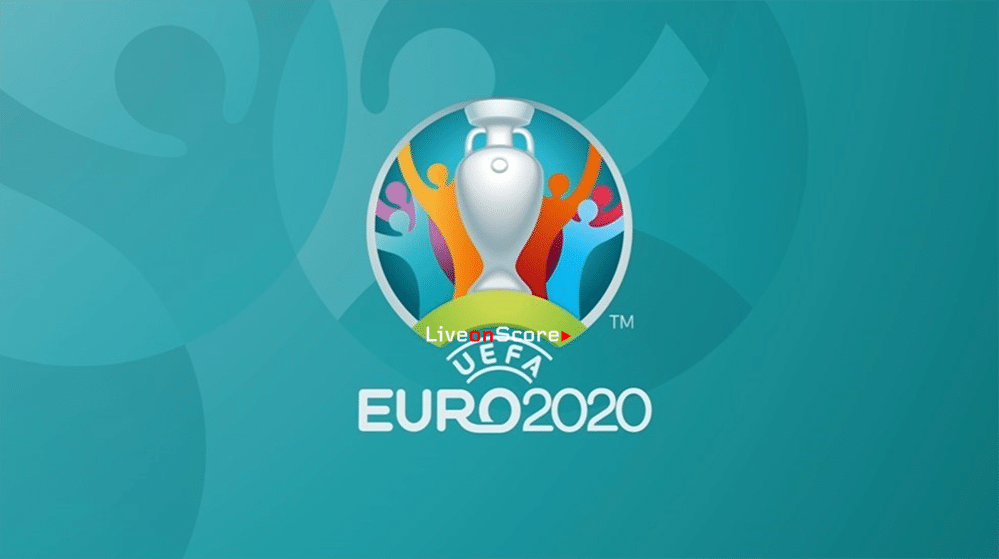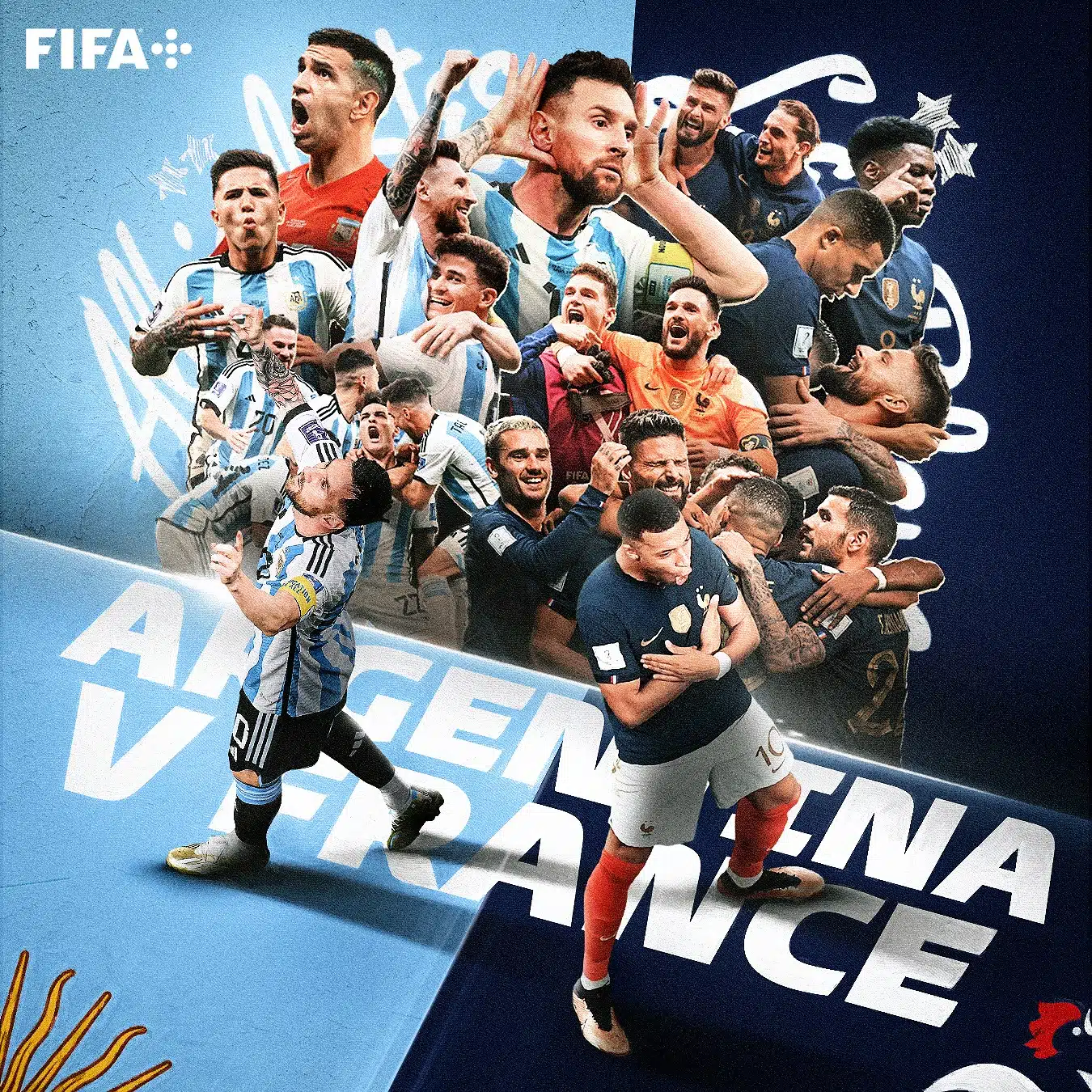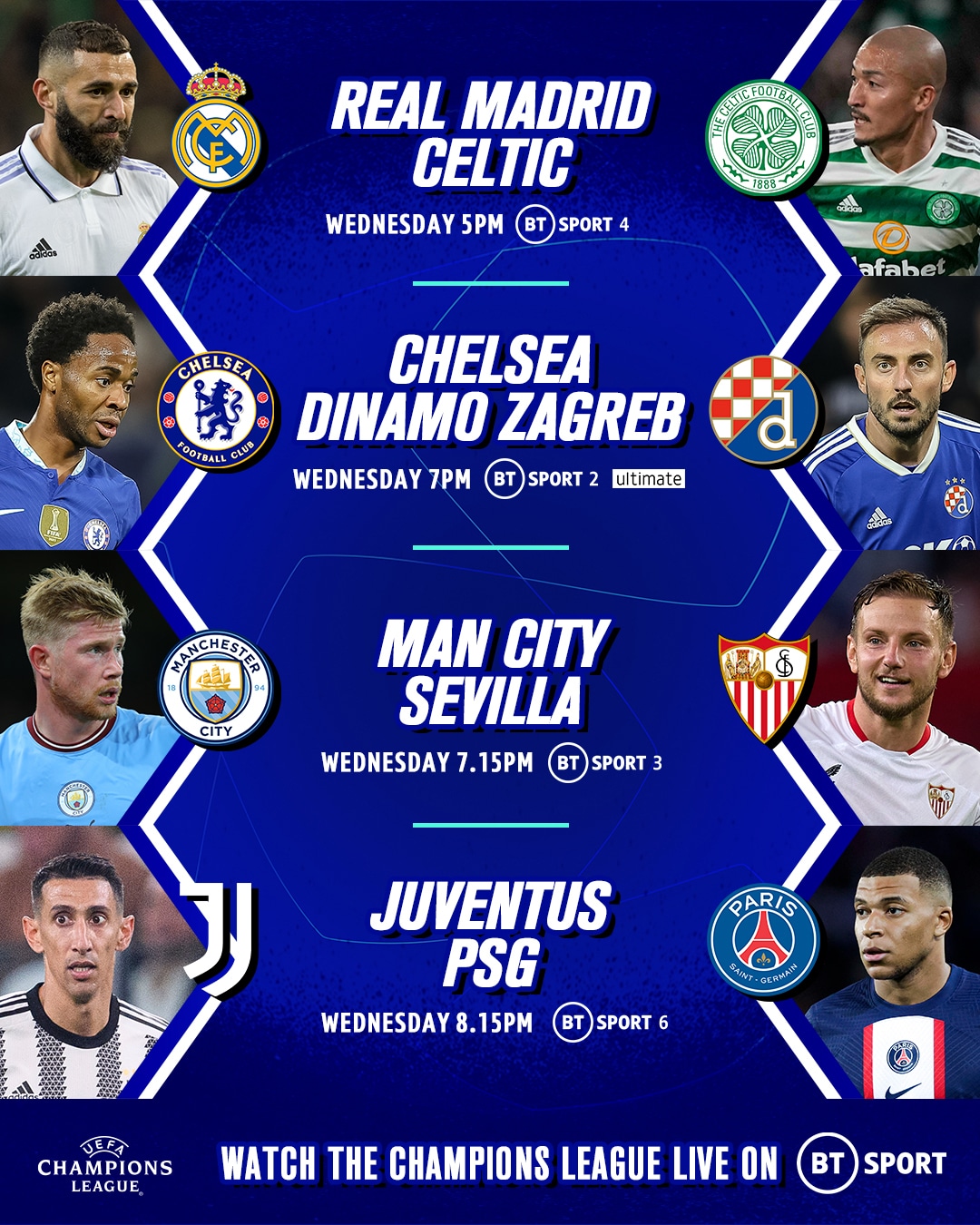When and where is it, how will it work and how can you be there? All you need to know about UEFA EURO 2020.
What are the key dates?
21/03/2019: European Qualifiers begin
22/11/2019: European Qualifiers play-off draw
30/11/2019: UEFA EURO 2020 final tournament draw, Bucharest (18:00CET)
26/03/2020: European Qualifiers play-offs begin
01/04/2020: Additional final tournament draw if required
12/06/2020: Opening game, Olimpico in Rome
12/07/2020: Final, Wembley Stadium (London)
Who are the hosts?
UEFA EURO 2020 is being held across the continent for the first time in the competition’s 60-year history, with 12 host cities in all.
Final and semi-finals, one round of 16 game, three group games
London, England: Wembley Stadium
Three group games, one quarter-final
Baku, Azerbaijan: Olympic Stadium
Munich, Germany: Fußball Arena München
Rome, Italy: Olimpico in Rome
Saint Petersburg, Russia: Saint Petersburg Stadium
Three group games, one round of 16 game
Amsterdam, Netherlands: Johan Cruijff ArenA
Bilbao, Spain: Estadio de San Mamés
Bucharest, Romania: National Arena
Budapest, Hungary: Ferenc Puskás Stadium
Copenhagen, Denmark: Parken Stadium
Dublin, Republic of Ireland: Dublin Arena
Glasgow, Scotland: Hampden Park
Will any hosts qualify automatically?
There will be no automatic qualifiers, with all the nations with host cities required to earn their place at the finals.
How does qualifying work?
The success of the first 24-team UEFA European Championship – UEFA EURO 2016 – vindicated UEFA’s decision to broaden the net for the final tournament, and 24 sides will be involved again at UEFA EURO 2020.
▪ Twenty teams – the top two in each of the ten groups – will reach the tournament via the European Qualifiers, running from March to November 2019.
▪ Four more countries will qualify via the new UEFA Nations League, with the decisive play-offs to be staged in March 2020.
What is the tournament format?
The format will be the same as for UEFA EURO 2016. The top two in each of the six final tournament groups will proceed to the round of 16 along with the four best third-placed finishers.
Will the hosts play their games at home?
Every qualified host would be guaranteed two home games in the group phase, but there would be no such guarantee for the knockout stage. Host nations that qualify will be automatically placed in the following groups. If both paired nations qualify, a draw will be held to determine which is at home in their direct encounter.
Group A: Italy (Olimpico in Rome), Azerbaijan (Olympic Stadium, Baku)
Group B: Russia (Saint Petersburg Stadium), Denmark (Parken Stadium, Copenhagen)
Group C: Netherlands (Johan Cruijff ArenA, Amsterdam), Romania (National Arena, Bucharest)
Group D: England (Wembley Stadium, London), Scotland (Hampden Park, Glasgow)
Group E: Spain (Estadio de San Mamés, Bilbao), Republic of Ireland (Dublin Arena)
Group F: Germany (Fußball Arena München, Munich), Hungary (Ferenc Puskás Stadium, Budapest)
Why a EURO for Europe?
There is great pleasure in being able to bring EURO 2020 to so many countries and cities, to see football acting as a bridge between nations, and to carry the competition closer to the fans, who are the essential lifeblood of the game, says UEFA President Aleksander Čeferin.
How can fans obtain tickets?
Approximately 2.5m tickets for UEFA EURO 2020 are set to be sold to fans, with applications for the first tranche of 1.5m taking place on EURO2020.com from 12 June to 12 July 2019 at 14:00CET. Register your interest now to stay updated on ticketing news and for the chance to win tickets.
What if I want to volunteer?
Volunteers will be crucial to the running of UEFA EURO 2020, with the application phase set to open in summer 2019. The objective of the volunteer programme is to integrate and gather the population across Europe, as well as creating a legacy for the host countries.
Who are the ambassadors?
A host of former EURO winners are among a star-studded line-up of ambassadors. We look forward to their involvement in supporting UEFA EURO 2020 – an event that will be much closer to football fans than ever before, said UEFA President Aleksander Čeferin.




